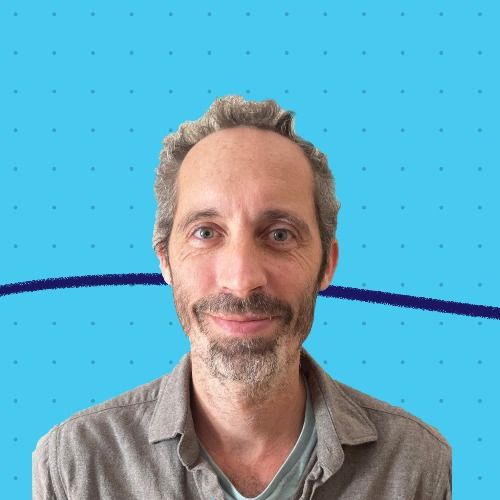full
Physician scientist activist |Sir Doug Turnbull | Wellcome Centre for Mitochondrial Research
This episode tells the story of a team of scientists and doctors from Newcastle’s Wellcome Trust Centre for Mitochondrial Research who spent years campaigning strenuously, alongside patients, to persuade UK policymakers to pass a law that would permit the use of a pioneering but controversial fertility treatment The team from Newcastle hoped that the IVF treatment, known as mitochondrial donation, might halt the transmission from one generation to the next of a devastating, incurable and often fatal condition - mitochondrial disease - that blights the lives of many thousands of families across the world.
In 2015 the five year long campaign reached a dramatic conclusion when Parliament made its landmark vote on whether or not the treatment should be allowed in the UK.
It was huge victory for the campaigners, shared amongst the doctors, scientists, patients and their families but much credit has to go to the man who spearheaded the campaign, Professor Sir Doug Turnbull.
Professor Turnbull is one of the world’s leading experts of mitochondrial disease and last year he was given a knighthood in recognition of his dedication, spanning decades, to the study of the disease and to the care of patients afflicted by it.
I’ve been fortunate enough to work with Doug and his team for a few years on their public engagement projects but my involvement with their work started after the climax of this dramatic story of their Parliamentary success, so I was very excited to sit down with Doug a few weeks ago to hear all about the campaign from his perspective, as well as hearing his insights generally into the power of public engagement.
To learn more about the work of Doug and his team check out their website. You can also watch the videos I produced for them explaining what mitochondrial disease is and telling the stories of people whose lives have been impacted by the disease:
For more information, insights, resources and inspiration for communicating research in a digital age please check out my Research Comms Blog

